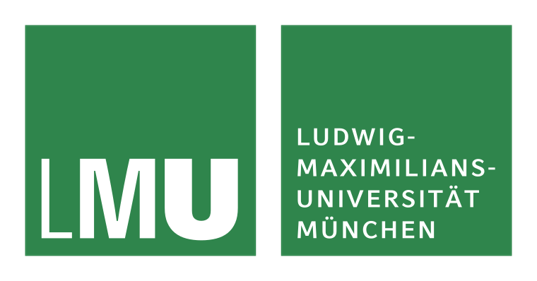Metabolic regulation of macrophage function in the inflamed central nervous system
Project Summary
Monocyte-derived macrophages play an important role in the lesion pathogenesis of neuroinflammatory conditions such as multiple sclerosis (MS). These cells are not only crucial for the formation but also for the resolution of inflammatory CNS lesions. Such divergent actions of one cell type are explained by phenotypic plasticity: We showed previously that monocyte-derived macrophages, which enter the central nervous system (CNS) and acquire a lesion promoting phenotype, can later shift to a lesion-resolving phenotype. Notably, this phenotype shift is accompanied by extensive metabolic remodeling. Here, we will dissect the reciprocal interactions between macrophage metabolism and function to test the hypothesis that metabolic remodeling is a key determinant and a viable modulation target to support the restorative function of macrophages in the inflamed CNS. To do so, we will use recently developed tools for highly resolved molecular and functional analysis of a cell’s metabolism and mitochondria (by the Misgeld lab) and new approaches for gene editing and in vivo imaging of invading immune cells in MS models (by the Kerschensteiner
lab). Using these approaches, we aim (i) to understand how macrophages remodel their mitochondrial and metabolic properties in neuroinflammatory lesions (Aim 1); (ii) to uncover the critical metabolic and epigenetic regulators that functionally govern the balance between lesion-promoting and -resolving macrophage actions (Aim 2) ; and (iii) to design targeted molecular and metabolic interventions to steer macrophage actions towards restoration of the inflamed CNS (Aim 3). Thereby, in collaboration with other members of the NEUROMAC consortium, we will better understand a central aspect of macrophage biology and identify novel strategies to modulate these key cells in inflammatory CNS lesions.







